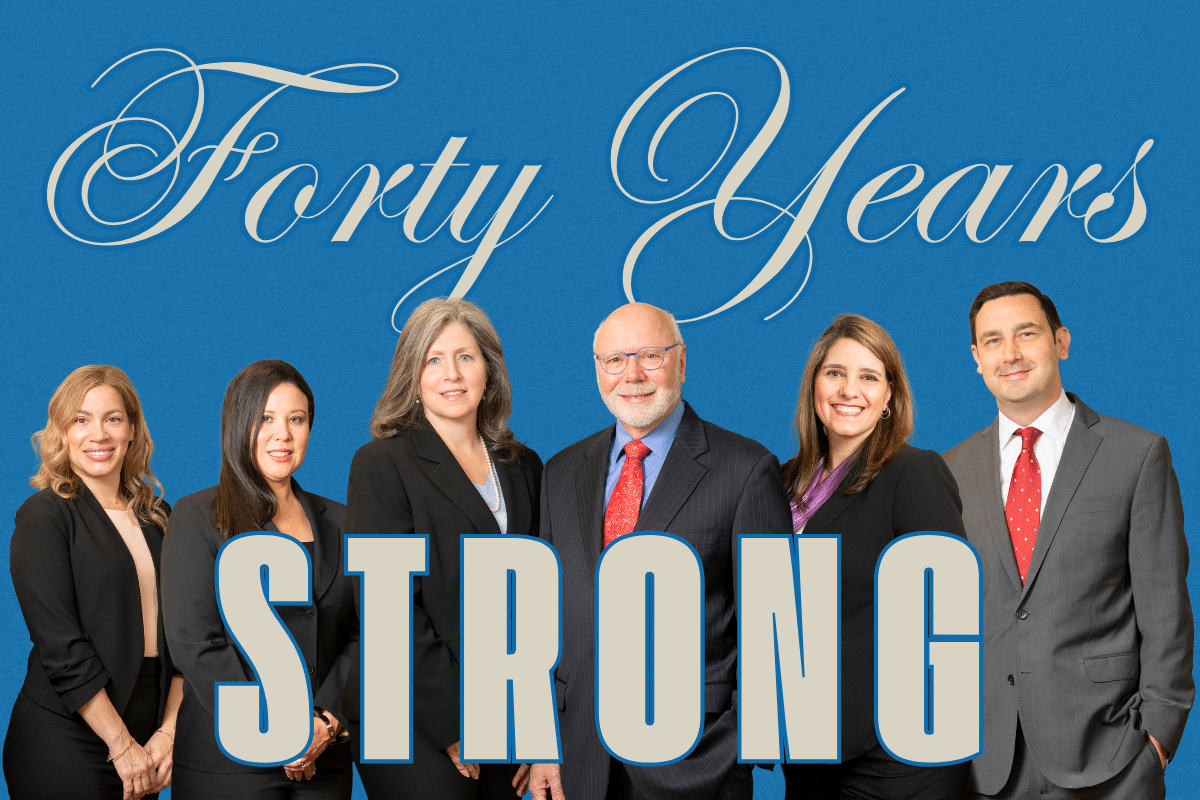Group homes are a common residential option for people with developmental disabilities who need help…
When planning for an individual with special needs, consideration must be given to the individual’s independence and quality of life.
Special needs benefits can be in the form of assistance provided by government programs, such as Medicaid, SSI, SSDI, and Medicare. In addition, there are many community organizations that devote themselves and their funds to the needs of one or more special needs. These benefits play an important role in meeting the individual with special needs’ objectives.
The Government has responded to the growing special needs population by implementing laws such as the Americans with Disabilities Act (ADA), which prohibits discrimination based on disability.
In addition, the Omnibus Reconciliation Act of 1993 (OBRA 93) was enacted, which in part expanded the program for the benefit of those with special needs (primarily for those under the age of 65) by the creation of exempt transfers and exempt trusts in connection with Medicaid and SSI eligibility.
Important Programs to Know About
- Supplemental Security Income (SSI), Social Security Disability Income (SSDI), and Medicaid are three important Government Benefit Programs that provide funds for medical care and services for individuals with special needs.
- The NYS Office for People with Developmental Disabilities (OPWDD) is the governmental agency that oversees services provided to individuals with special needs, including services under Medicaid waiver programs.
- The Individuals with Disabilities Education Improvement Act (IDEA) provides funding to assist states and local communities in providing educational opportunities and services to students with disabilities.
- There is also the Early Intervention Program in New York State which is designed to meet the needs of children with disabilities from birth to age three.
Supplemental Security Income (SSI)
Supplemental Security Income (SSI) is a government benefit program, administered by the Social Security Administration, which can provide a monthly payment amount for an individual once they are eligible. This monthly payment often assists the individual in meeting their basic needs for food, clothing, and shelter. It should be noted that SSI has strict eligibility rules.
Social Security Disability Income (SSDI)
Social Security Disability Income (SSDI) pays benefits to individuals who are unable to work because of their disability. The individual’s disability must fall within the Social Security Administration’s definition of a disability. Unlike SSI, generally, you must have paid Social Security payroll taxes to collect SSDI benefits. An individual’s eligibility and benefit amount will depend upon the age and number of accumulated work credits. After two years of receiving SSDI benefits, the beneficiary automatically becomes eligible to receive Medicare, even if they are under age 65. In certain circumstances, other family members may also qualify for disability benefits.
Medicaid
Medicaid is a federal and state program that assists eligible individuals with medical and health-related costs and services. Medicaid covers a wide variety of services including but not limited to: assistance with medical costs, waivered programs dedicated to individuals with disabilities, home health care. Like SSI, Medicaid has strict eligibility rules. However, in New York, an individual who is eligible for SSI, is automatically eligible for Medicaid.
Office for People with Developmental Disabilities (OPWDD)
The New York State Office for People with Developmental Disabilities (OPWDD) coordinates services for individuals in New York with developmental disabilities, including intellectual disabilities, cerebral palsy, down syndrome, autism spectrum disorders, and other neurological impairments.
OPWDD supports and services are primarily provided in community settings across the state. The supports and services include Medicaid funded long-term care services such as habilitation and clinical services, as well as residential supports and services.
There are also supports for Independent and Family Living which includes a wide range of services that allow an individual to remain in their own home. OPWDD also provides a variety of day programs, which are accessible to individuals with disabilities.
Each program is focused on giving participants the personal, social, and vocational supports needed to live in their community and varies depending on each individual’s needs and interests.
IDEA
Another important aspect of accessing government benefits is the education that every child is entitled to under the law. IDEA is a law whose primary purpose is to improve educational outcomes for children and youth with disabilities. IDEA provides funding to assist states and local communities in providing educational opportunities and services to students with disabilities.
Early Intervention Program
The Early Intervention Program in New York State is designed to meet the needs of children with disabilities from birth to age three. The program is designed to offer support services for developmental delays in addition to other disabilities. This program is not means-tested and there is no parental liability for any services provided. Where available, health insurance and/or Medicaid will help fund the services provided.
The information provided above is some examples of benefits that may be accessed by an individual with special needs. When an individual with special needs is able to access a benefit, it can often be very supportive of them.
If you have any questions regarding special needs benefits or planning, please contact us and one of our experienced attorneys will be glad to assist you.




I have a son with ADHD. He is 24 years old. I believe he is high function autism. I need help in getting him evaluate so I can plan for his long term safe net , medical , etc..
Thanks for reaching out to us.
If you are still in need of assistance, our law firm is available to assist you with regard to planning for your son.
I will address any questions you may have regarding our legal services.
Please feel free to contact our office at 516-683-1717.
Please note this reply is informational only and not legal advice. You should seek the services of an attorney for legal advice.
Sincerely Yours
Janet Corsetti, Client Service Coordinator